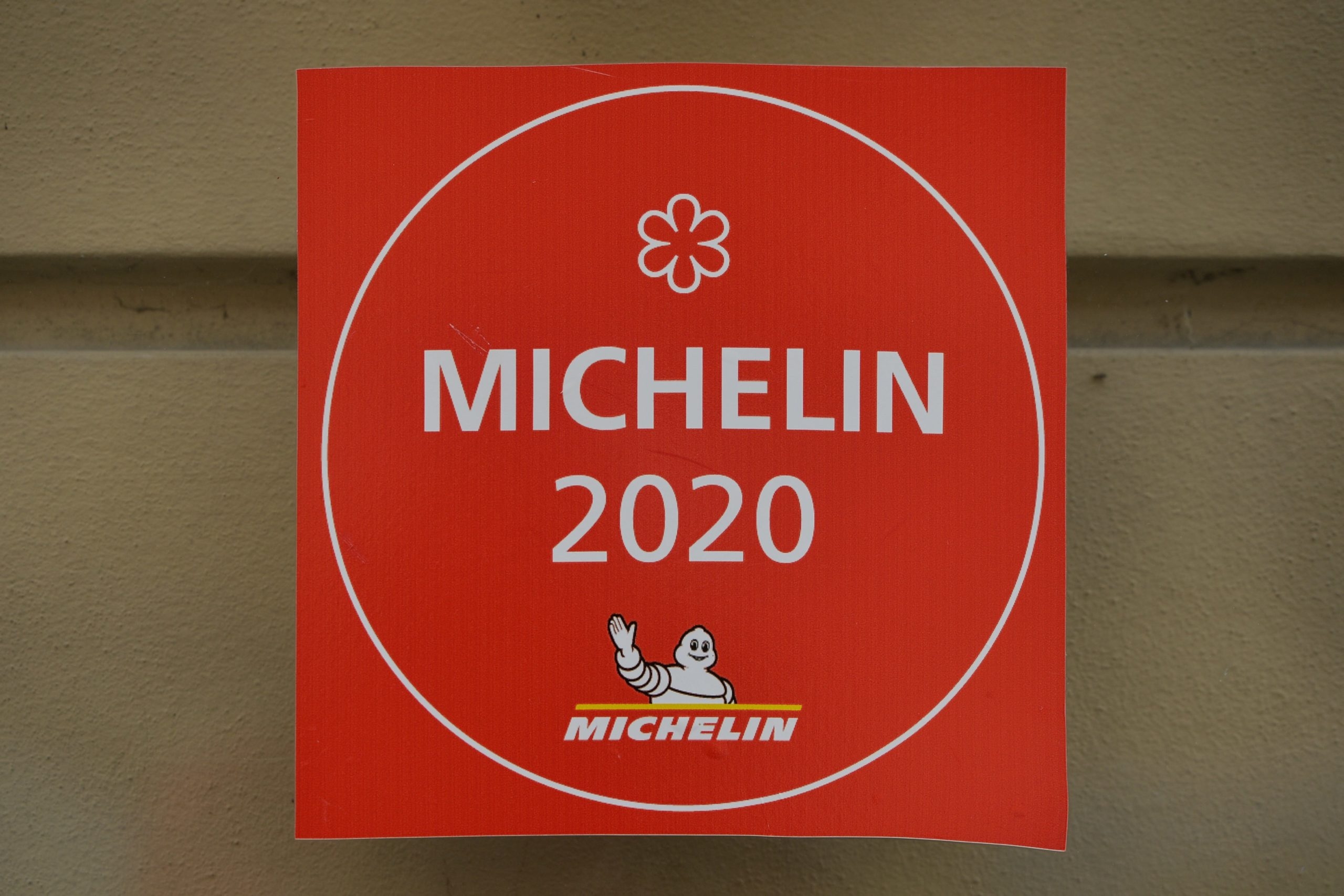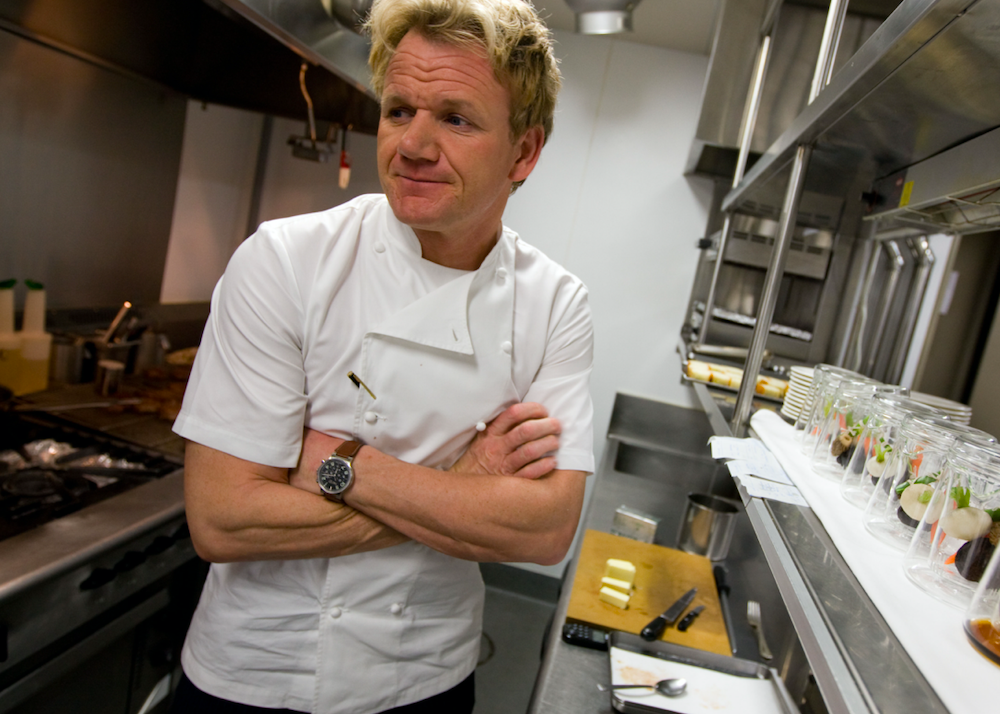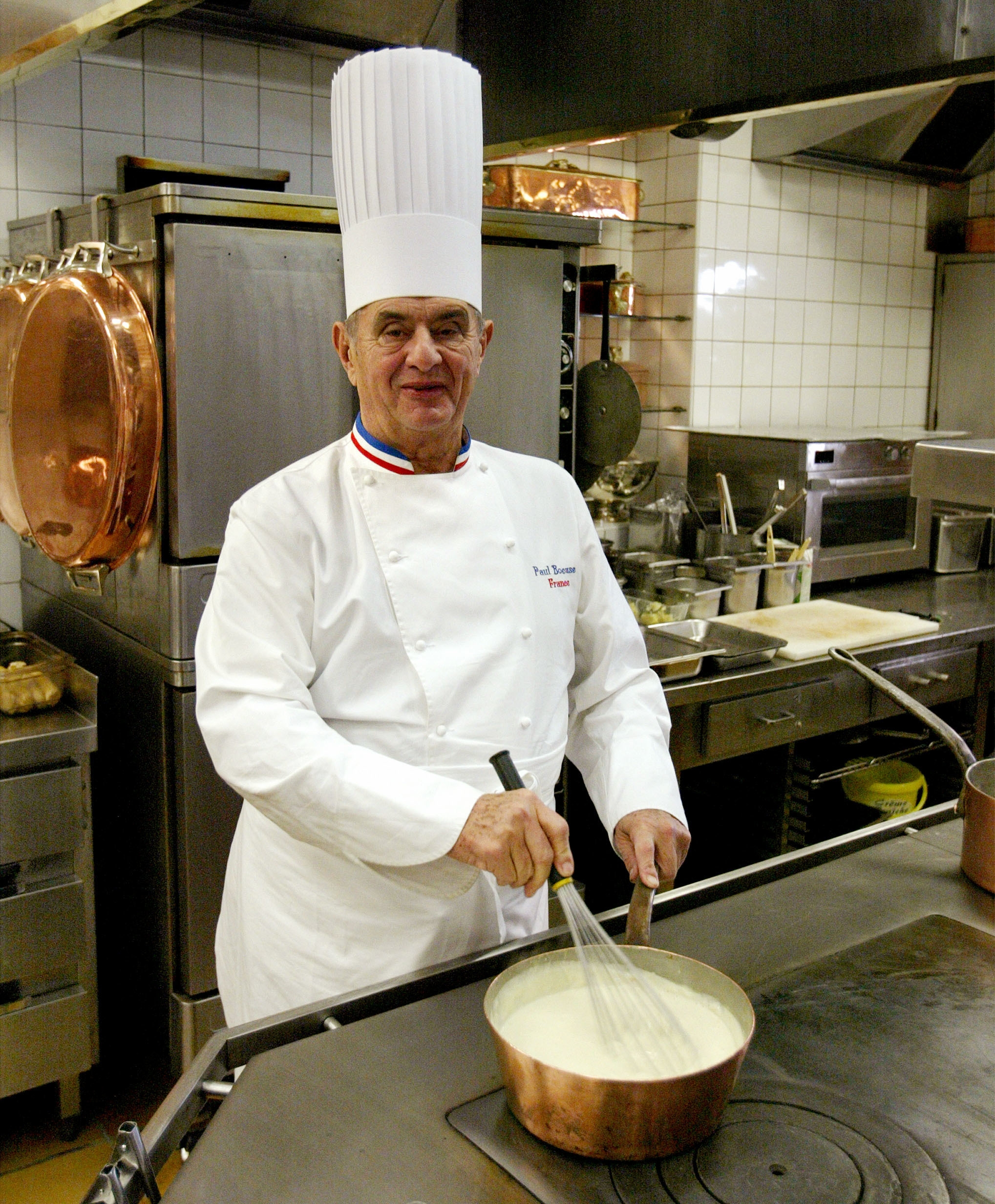features
Can a Michelin star be taken away? Here’s how a restaurant can lose the accolade
25 Jan 2021
3m
Winning a Michelin star is the highlight of any chef’s career. Universally hailed as the pinnacle of fine dining, the award tells everyone that you are one of the culinary world’s top talents. And it’s always nice to be noticed.
However, while there are dizzying highs when a Michelin star is won, there are also sickening lows when one is taken away. But wait, can a Michelin star be taken away? Here’s everything you need to know.
 Michelin stars can be taken away (Credit: PA)
Michelin stars can be taken away (Credit: PA)
Can a Michelin star be taken away?
Just as Michelin stars can be given, they can also be taken back.
Every year, Michelin publish a new Guide for a particular region. And, every year, all the restaurants within it are carefully judged on the Michelin inspector’s strict criteria – assessing consistency, quality and culinary flair.
READ MORE: Are Michelin stars and tyres related? Surprising connection revealed
This means that ratings can vary quite dramatically from one year to the next.
In some cases, a particular restaurant might have taken its cooking to the next level, and will receive either two, or in rare cases three Michelin stars. In more ignominious circumstances, however, the restaurant might find itself excluded from the rankings altogether.
Theoretically, it all depends on whether a particular restaurant can maintain its high standards year after year. Clearly, in such a competitive industry, this is not easy.
 Gordon Ramsay has lost several Michelin stars in his career (Credit: Alamy/Jeremy Sutton Hibbert)
Gordon Ramsay has lost several Michelin stars in his career (Credit: Alamy/Jeremy Sutton Hibbert)
Who has lost a Michelin star?
Given how relatively easy it is to lose a Michelin star, its no surprise that it’s a fate that’s befallen some of the biggest names in the industry.
One high profile example, for instance, was Gordon Ramsay’s former restaurant at The London hotel in New York.
READ MORE: Who lost Michelin stars in 2021? 20 restaurants have been demoted
In 2013, the two-star establishment received a dramatic downgrade when inspectors removed both of its hard-won stars.
In a series of unflattering reviews, Michelin-inspectors cited “quality issues” with the food. Ramsay later told a Scandinavian chat show that he “cried a lot” after the decision.
Clearly, no one is above the power of the guide.
So, Michelin stars expire?
Technically speaking, Michelin stars do expire after the publication of a new Guide. However, most critics and consumers accept that restaurants don’t lose and then regain stars year after year.
In almost all cases, the decision to revoke a star will not have been taken lightly. Given the economic impact that a star can bring, inspectors and chefs alike know that careers are on the line.
This means that Michelin will never normally let a star simply “expire”.
As in the case of Gordon Ramsay at The London, something quite dramatic will often have to happen for stars to be lost.
Do you lose a Michelin star when you die?
Contrary to popular belief, chefs do not actually get any Michelin stars. Instead, it’s the restaurants themselves that actually receive the accolade.
This means that when people say “Gordon Ramsay has seven Michelin stars”, what they actually mean is that restaurants owned or operated by Gordon Ramsay have a total of seven Michelin stars.
 Paul Bocuse’s restaurant did not immediately lose its third star after his death (Credit: PA)
Paul Bocuse’s restaurant did not immediately lose its third star after his death (Credit: PA)
The difference is subtle, but important, as it means that restaurants do not automatically lose their stars if a chef dies.
A great example of this is the famous flagship restaurant of gastronomic legend Paul Bocuse. At the time of Bocuse’s passing in 2018, the restaurant had held three Michelin stars for nearly 50 years.
It continued to enjoy this stellar status throughout 2019, after the death of the master chef. It was not until 2020 when L’Auberge du Pont de Collonges controversially lost its third star.
How often are Michelin stars handed out?
Restaurants received Michelin stars with the publication of a new Guide. However, just because this happens fairly regularly, it doesn’t mean that they’re easy to come by.
While some chefs burst onto the scene in a shower of stars, others have to graft for years to get their first accolade.
READ MORE: Chef Marcus Samuelsson discusses Red Rooster, Michelin-starred cooking and fried chicken
In many cases, critics attack the Guide for its conservative, French-centric approach to fine dining. Critics often argue that this excludes many deserving restaurants and fails to give an accurate picture of global cooking.
However, even if you only specialise in classic French gastronomy, there’s no doubt that winning even a single star is seriously hard work.
Make no mistake, whoever ends up in the Michelin Guide has put in some graft to get there.



.jpg_dU0O4c?tr=w-2560,f-webp,q-70)